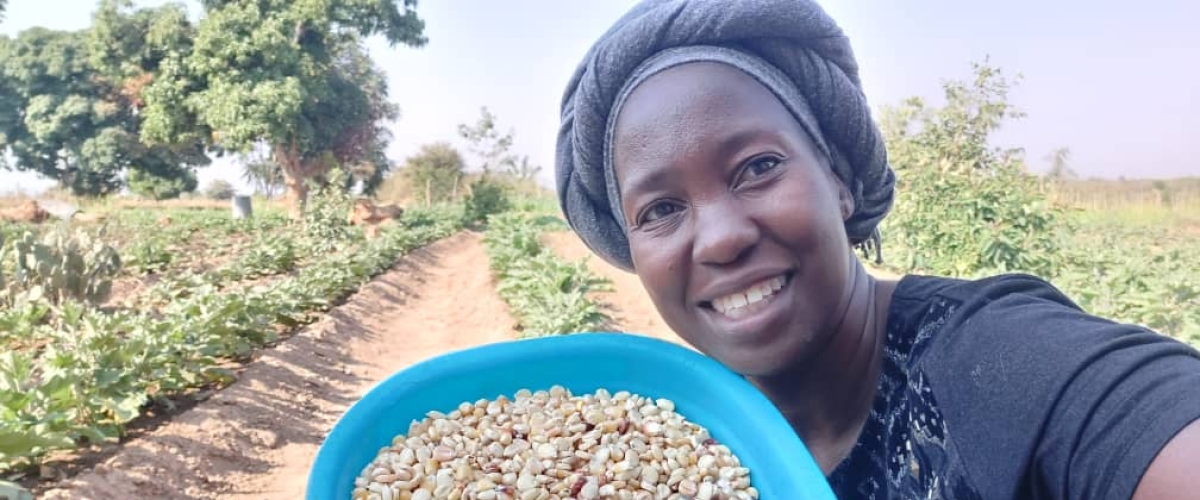
My name is Susan Hanene. I am a nurse by profession, but my true passion lies in farming because agriculture is the backbone of both individual and national health. I manage a small farm in the rural area of Katuba, in Chibombo District, Central Province, Zambia.
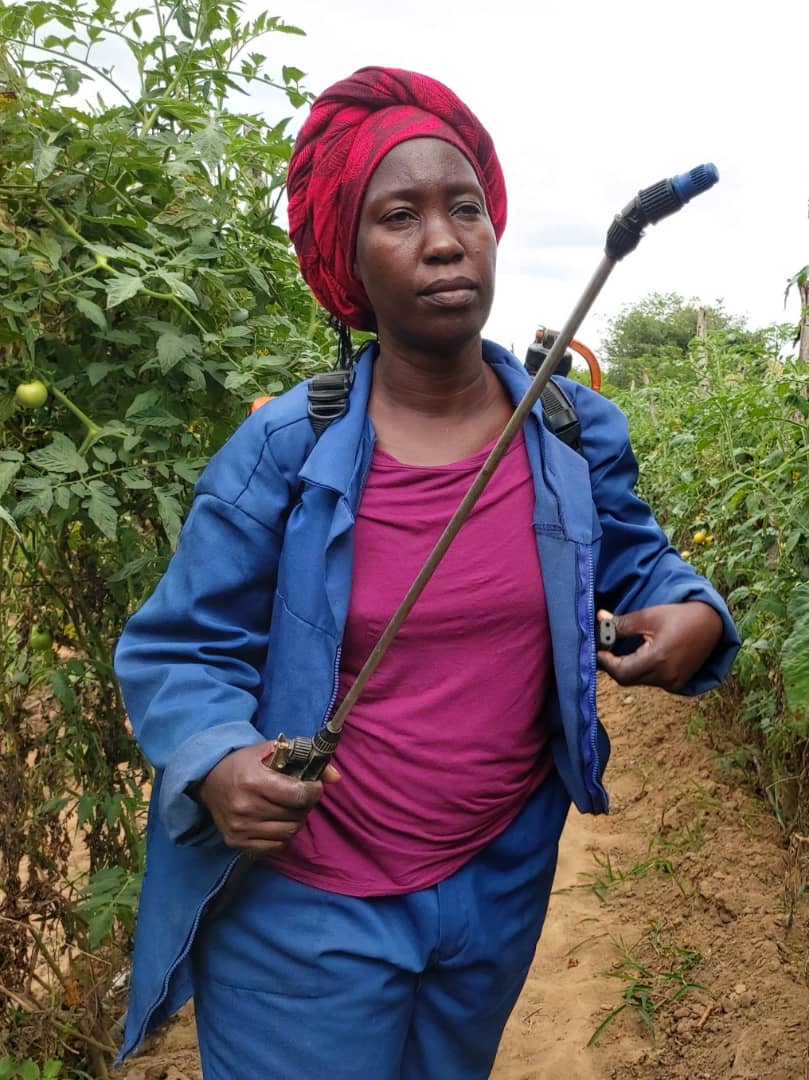
I grew up in a home where gardening was a part of everyday life. As children, tending to crops was second nature to us. I remember how, in high school, my mother convinced my father to buy land where we could cultivate rain-fed crops every December holiday. Back then, I had no intention of becoming a farmer. My dreams were filled with ambitions of becoming a lawyer, an accountant, or a journalist. However, the constant exposure to farming—both in my immediate and extended family—planted a seed that would later flourish in my adult life.
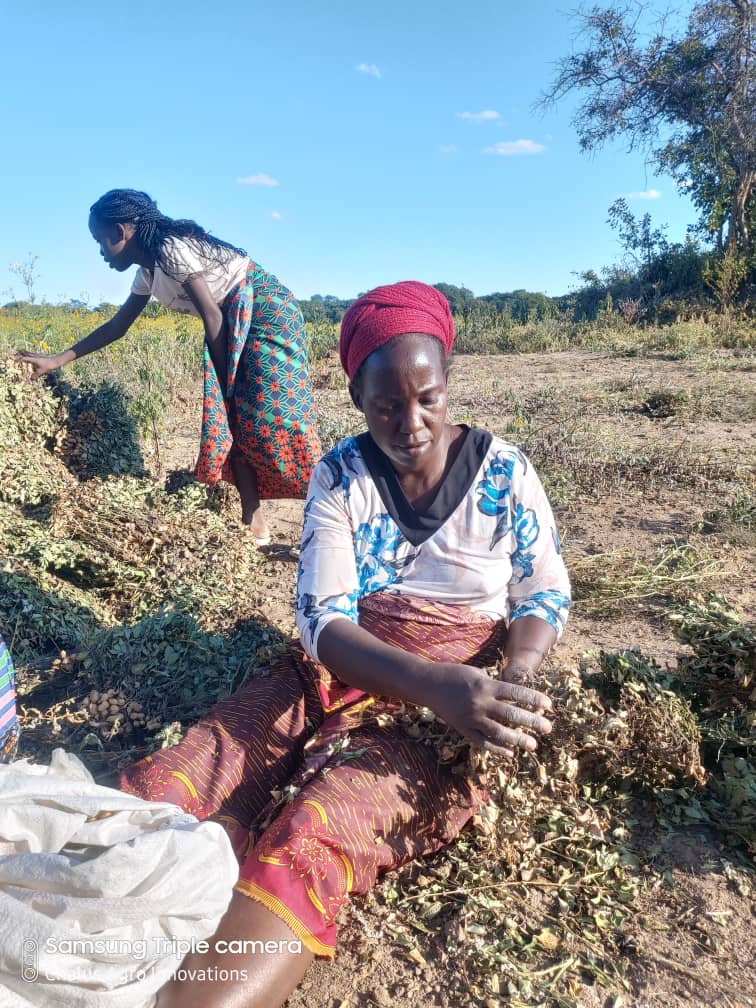
My farming journey began in 2001, when I planted 20 kg of maize on a one-hectare land. That year, Zambia experienced a devastating drought; my yield was 22 bags. I was heartbroken, but at the same time, I found encouragement in the fact that those few bags of maize helped pay my younger sibling’s school fees—especially since my father was no longer working.
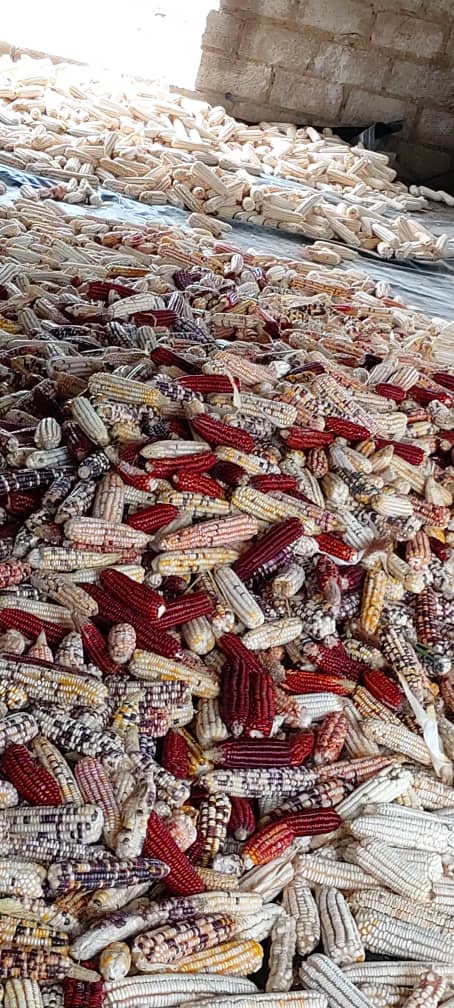
At the time, I didn’t own land, so I farmed on my father’s property. Managing crops from afar was difficult, and my father was uncomfortable with the arrangement. I knew that if I were ever going to farm seriously, I would need my piece of land.
It wasn’t until 15 years later that my passion for farming was fully reignited. I started small—keeping quails in cages in my backyard. I sold quail eggs, meat, and chicks, and the venture gave me a sense of purpose. In 2015, I finally bought my small farm, a space where I could turn my agricultural dreams into reality.
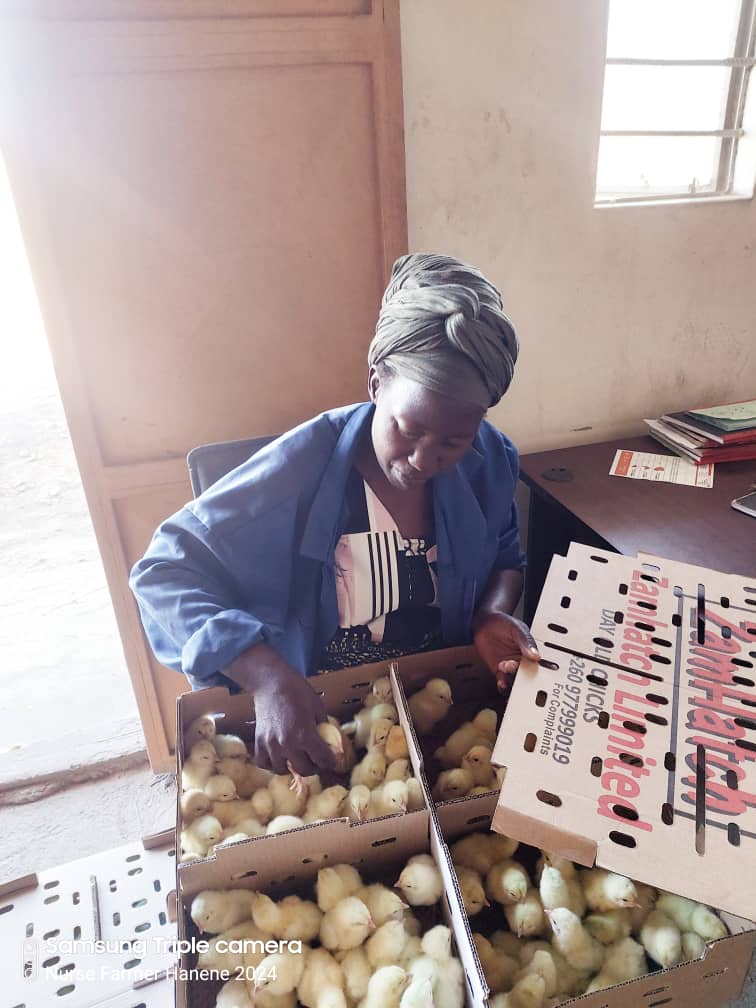
I deeply love integrated mixed farming, incorporating organic methods into most of my activities. Today, I keep livestock such as cattle, sheep, goats, and poultry, and I use their waste to make organic manure for my vegetables. Beyond animal manure, I have also mastered making organic fertilizers and natural pesticides using plants.
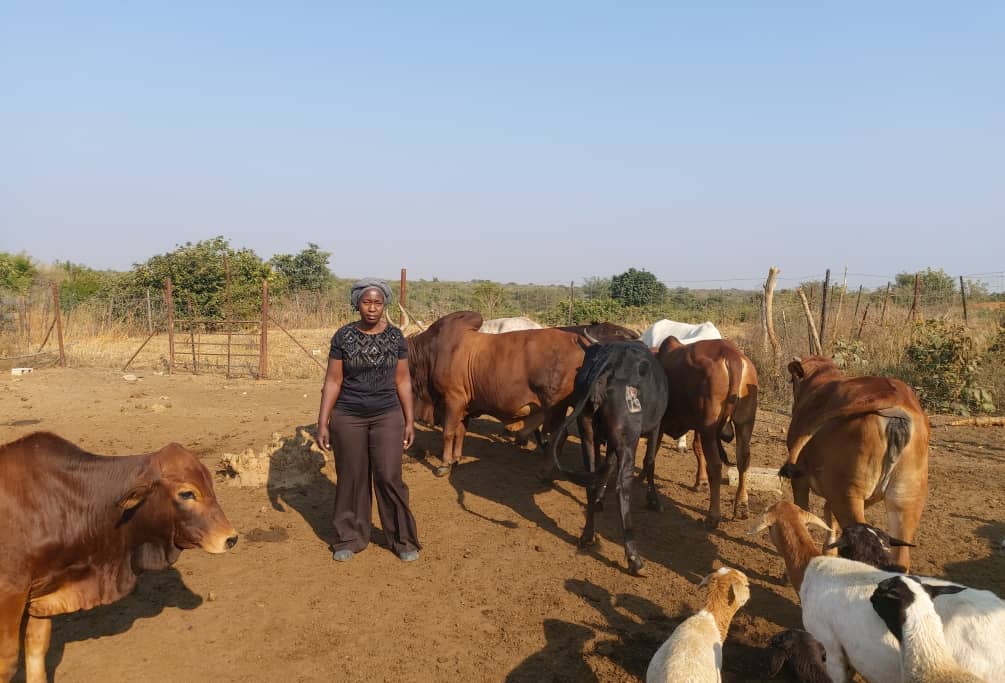
Over the years, Zambia—like many parts of Africa—has faced severe droughts and pest invasions, including the Fall Army Worms (FAW). One of the biggest challenges I have observed is that many farmers rely on purchasing seeds every season. When crops fail, there is often nothing to fall back on. This is why I am deeply committed to preserving and promoting local and Indigenous seed varieties.
I have been growing multi-colored maize, known as Kafwmbwa or Kapelya in Tonga, for six years. This has since become my signature crop. In addition, I actively promote cultivating and utilizing drought-tolerant crops like sorghum and legumes, which offer higher nutritional value than maize.
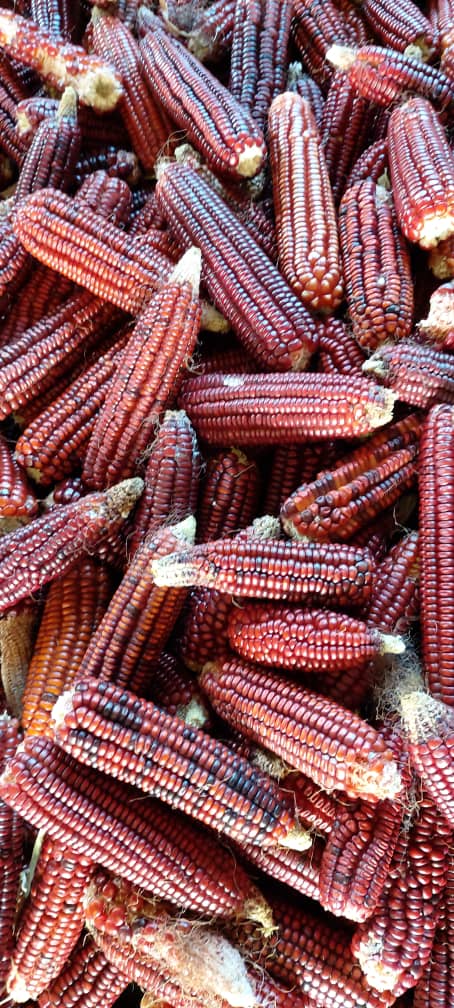
The constant use of chemical fertilizers, weed killers, and harmful land preparation methods like burning has caused severe soil degradation. Restoring soil fertility is critical to sustainable farming.
To rebuild the soil, I incorporate nitrogen-fixing plants and trees such as sunhemp, Leucaena, and Gliricidia. These natural enhancers improve soil structure and fertility over time.
Lately, I have been actively raising awareness about Indigenous vegetables, such as Cleome Gynandra (Spider Plant), among others. For me, farming is not just about food production and security—it is about ensuring sustainability by promoting locally available seed banks for grains, cereals, and vegetables.
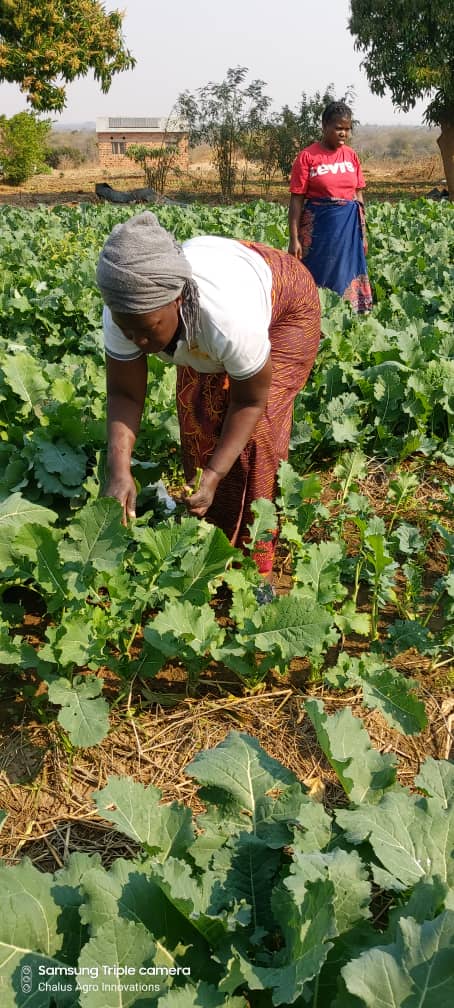
My goal is to preserve and distribute seed varieties that have already adapted to our environment, ensuring they remain available not only for today’s farmers but also for future generations.

My involvement with the Centre for Coordination of Agricultural Research and Development in Southern Africa (CCARDESA) has been a game-changer. Through their platforms, I have been inspired to scale up the production of local Indigenous grains for seed preservation. I now see great opportunities along the entire value chain—from production and processing to marketing—for Indigenous grains and vegetables.
I envision a thriving agricultural sector in Zambia where farmers embrace indigenous crops, organic farming, and climate-smart practices. My farming journey may have started unexpectedly, but today, I cannot imagine my life without it.
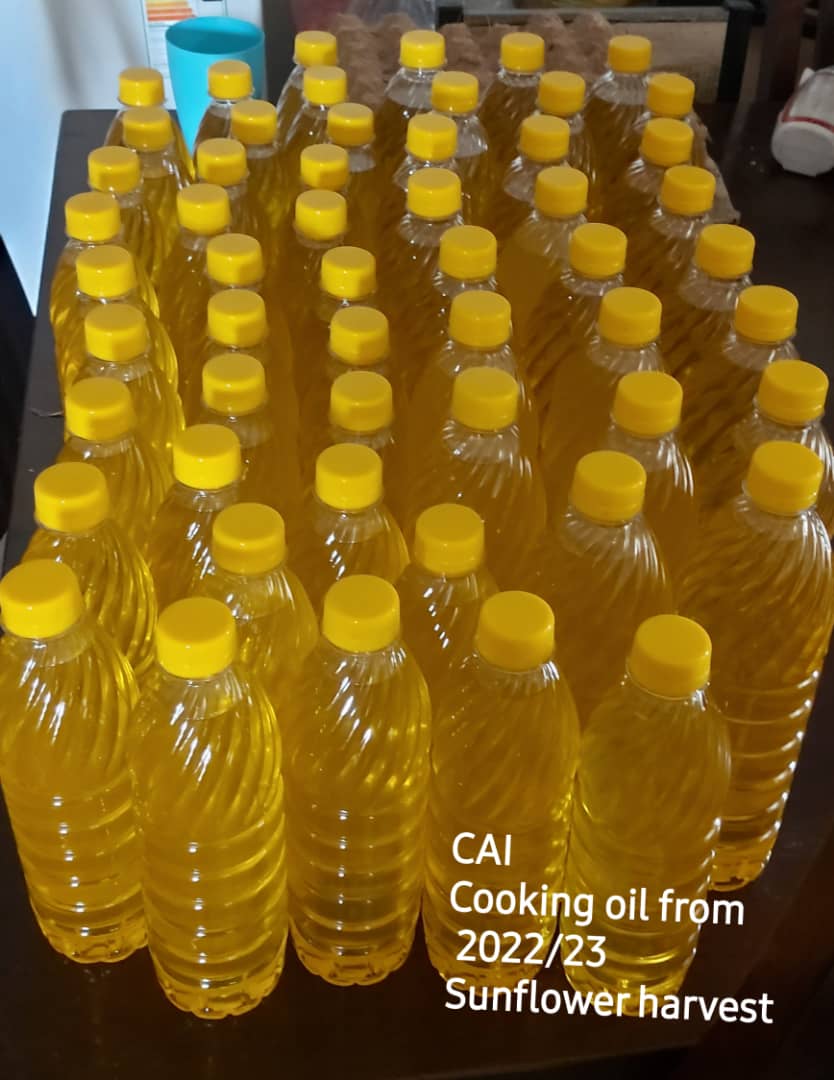
Farming is more than just a livelihood for me—it is a mission to restore soil health, preserve indigenous seeds, and ensure food security for future generations.





